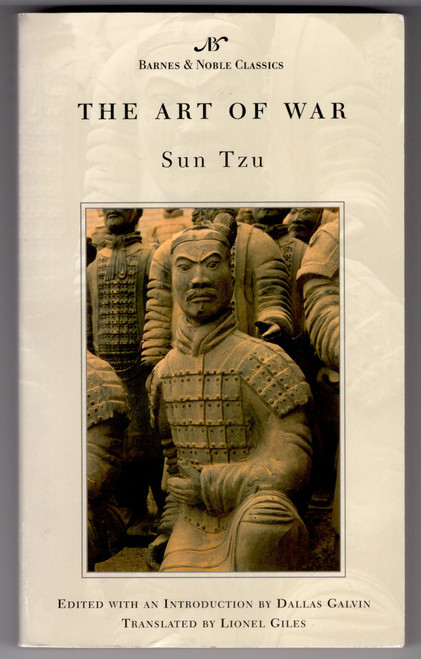Red Pine's translation of the most revered of Chinese texts corrects errors in previous interpretations, truly breathes new poetic life into the English version, and includes selected commentaries-judged by Chinese scholars to be essential to understanding the wisdom of Taoism. Pine incorporates the commentaries of emperors and prime ministers, Taoist monks and nuns, Buddhist priests, poets, scholars, and the country's most famous philosophers of the past 2,000 years. This marks the first time that non-Chinese speakers have been given access to such a range of wisdom explaining the deeper meaning of China's famous ancient classic. With its clarity and scholarly range, this version of the Taoteching works both as a readable text and a valuable resource of Taoist interpretation.
Lao-tzu, founder of Taoism, is supposed to have written the Taoteching around 600 BC in the Chungnan Mountain region, where Red Pine (Bill Porter) interviewed contemporary hermits as described in his book Road to Heaven: Encounters with Chinese Hermits. Bill Porter is also the translator of The Zen Works of Stonehouse, of Sung Po-jen's Guide to Capturing a Plum Blossom, and of The Collected Songs of Cold Mountain.
Editorial Review(s)
"This is an honest, fresh rendition of the Taoteching that has much to recommend it. The language, though simple, aptly captures the austere and mystical poetry of the original. Red Pine, because he himself has experienced the life of a true Taoist ascetic, possess an almost unique ability to convey the nuance and sense of this elusive text...One feature that sets it apart from virtually all others is the illuminating, eclectic commentaries following each chapter that have been judiciously assembled by Red Pine. These are extraordinarily valuable for those who want to understand how the Chinese have traditionally interpreted the thought embodied in the Taoteching...I wholeheartedly endorse Red Pine's sensitive translation of the classic and enthusiastically encourage anyone with an interest in early Taoism to read it in confidence that it comes as close as possible to expressing the Chinese text in English." —Victor H. Mair, Professor of Asian and Middle Eastern Studies, University of Pennsylvania
"Red Pine introduces Western readers to both the text itself and the traditions it has inherited... he lets the book speak for itself, while helping us hear what it might be saying."—Virginia Quarterly Review
About the Author
Lao Tzu is a Chinese philosopher and founder of the Taoist religion in China. His name means 'Old Master'. He worked as a librarian at the court of Chou. When the kingdom showed signs of decay, Lao Tzu left and was never heard of again. Tao Te Ching is said to be his the principles of his philosophy.
D. C. Lau read Chinese at the University of Hong Kong and in 1946 he went to Glasgow where he read philosophy. In 1950 he joined the School of Oriental and African Studies in London to teach Chinese philosophy. He was appointed in 1965 to the then newly-created Readership in Chinese philosophy and in 1970 became Professor of Chinese in the University of London. In 1978 h returned to Hong Kong to take up the Chair of Chinese Language and Literature at the Chinese University of Hong Kong. In 1989, upon his retirement, he was appointed Professor Emeritus and started the monumental task of computerizing the entire body of extant ancient Chinese works.







